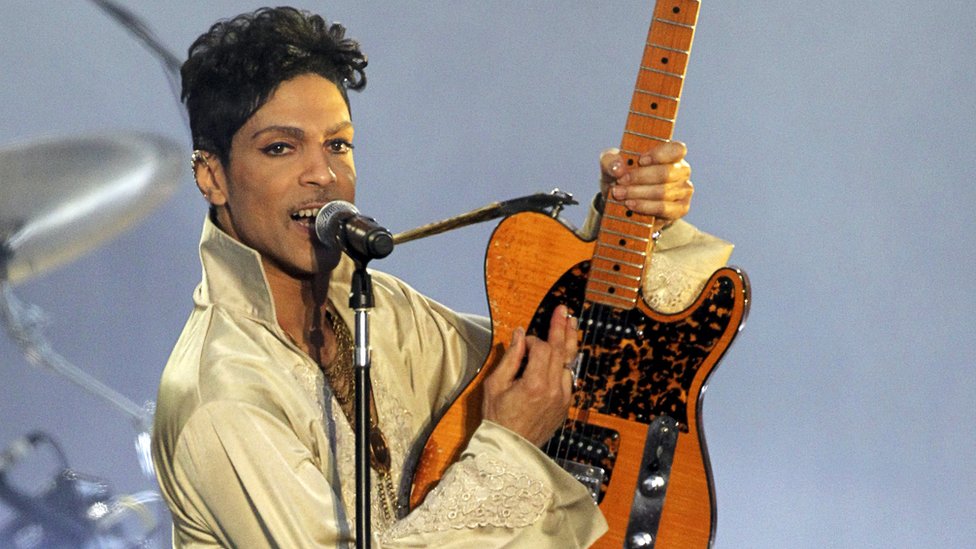
What Constitutes a Ripoff of an Artist's Work?īut Lenz was angry, and she said she wasn't ready to let it go. Lenz filed a "counter-notice" with YouTube, and the Web site put her video back up about six weeks later. "I didn't like feeling that I could get in trouble for something as simple as posting a home video for my friends and family to see." "And I didn't like feeling afraid,'' she continued.

"I thought even though I didn't do anything wrong that they might want to file some kind of suit against me, take my house, come after me. I was afraid that the recording industry might come after me the way they've come after other people for downloading music or file sharing. And the more afraid I got, the angrier I got. "It was Universal Music Publishing Group, and I was afraid that. "At first it frightened me, because I saw who had filed'' the takedown notice, she said. When she realized YouTube had actually taken her video down, she said she was shocked. "All of my videos are home videos, so I thought it was some kind of scam,'' Lenz told ABC News' Law & Justice Unit.

Twenty eight people, mostly friends and family, had viewed the YouTube video by June, when mom Stephanie Lenz said she received an e-mail from YouTube informing her that her video had been removed from the site at the request of Universal Music Publishing Group, the recording industry's largest label, and warning her that future copyright infringements on her part could force the Web site to cancel her account.

In the video, the child is seen bouncing and swaying for the camera, as, faintly, the Prince hit "Let's Go Crazy" plays on a CD player in the background.


 0 kommentar(er)
0 kommentar(er)
